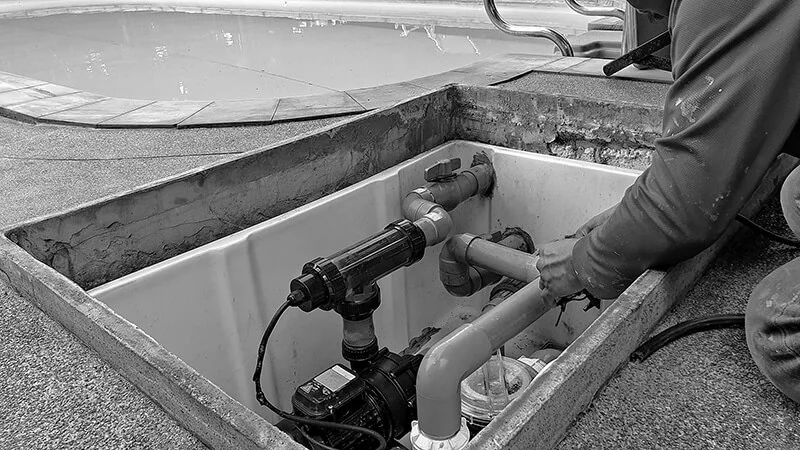It is so important to start getting your facilities ready for Winter. We all know how unforgiving Winter can be in the Intermountain West, so we’ve prepared a few tips to make sure that your facility management is easy this winter.
There’s nothing like being ahead of the curve with your Winterization planning. Make sure that you meet with your executive team or property managers if it applies to make sure that you have a solid plan of action not only for your company’s headquarters but for any individual buildings or facilities you oversee. Don’t expect that just because you had a good plan last year that you’ll be ready for this coming Winter. We’ve seen a lot of employee turnover in 2021 so make sure your team is working with each other to communicate and plan for any changes needed.
Winter can present many challenges for facility managers, from dealing with outdoor elements such as snow and ice to managing the effects of extreme temperatures on interior spaces. To ensure your facility is prepared for winter, it’s important to have a plan in place ahead of time.
Inspect Outdoor Areas: Be sure to inspect any outdoor areas around your facility, including walkways, parking lots and loading docks, for potential hazards that may be created by freezing temperatures or inclement weather. Make necessary repairs or take preventive action where needed before the coldest days of winter arrive.
Prepare for Inclement Weather: Have a plan in place for dealing with inclement weather, such as setting up snow removal policies or creating an emergency response plan. You should also make sure that any exterior doors are weatherproofed and have appropriate door mats in place to keep out moisture and dirt.
Stock Up on Supplies: Make sure you have enough salt or de-icing material on hand to maintain walkways throughout the winter months, as well as a supply of window scrapers, shovels and other equipment
We can’t stress enough how important it is to prep your pipes! We’re not just talking about exposed or basement-level pipes. Do you have a plan to winterize your irrigation system? Will you need to install any heat insulation to exterior pipes to keep them from freezing? Do you have a plan for communicating to your residential or commercial tenants about the importance of keeping temperatures controlled inside during the winter to prevent freezing?
Winter months can be especially hard on facility management. Pipes in large buildings and complexes are particularly vulnerable to the cold temperatures, and it is important to take steps to ensure that they stay functioning properly during these times. Here are a few tips for prepping your pipes for winter months:
1. Check for cracks or breaks in your pipes; repair any damage as soon as possible.
2. Insulate exposed pipes with foam sleeves or other insulating materials.
3. Make sure all drains and gutter systems are clear of debris so water can effectively flow through them during winter storms.
4. Check faucets and valves regularly to ensure there aren't any leaks, and replace worn-out parts as needed.
5. Consider adding a water heater to your facility management to keep indoor temperatures at a comfortable level so pipes won't freeze in cold weather.
By taking these precautions, you can ensure that your pipes remain in good condition and can handle any winter storms that come your way! To understand more about winter weather preparation, click here.

Clear the area around your boiler before first use. Is there any debris around that you should watch out for? Make sure to turn on and run your boiler or have a licensed plumber take a look at it BEFORE freezing temperatures to make sure it is still in good operating order. With so many parts backordered these days, it’s crucial to get ahead of problems before everyone needs the same parts.
To ensure that your facility management is prepared for the winter season, there are several steps to take. First, check your boiler’s age and condition and make sure that all necessary repairs have been made.
Additionally, inspect the insulation of the boiler pipes and determine if any of it needs to be replaced. If you see signs of condensation or corrosion, consider replacing the entire system. You should also inspect all associated safety components like water pressure valves, expansion tanks, and relief valves.
Finally, familiarize yourself with local codes related to boiler safety and maintenance. Taking these steps can help ensure a safe and efficient winter season for your facility management operations!
We hope that you find this info helpful. As always, if you’re looking for a facility management partner to loosen some of the load or just need a trade services partner to handle issues as they arise, give Rubicon a call.